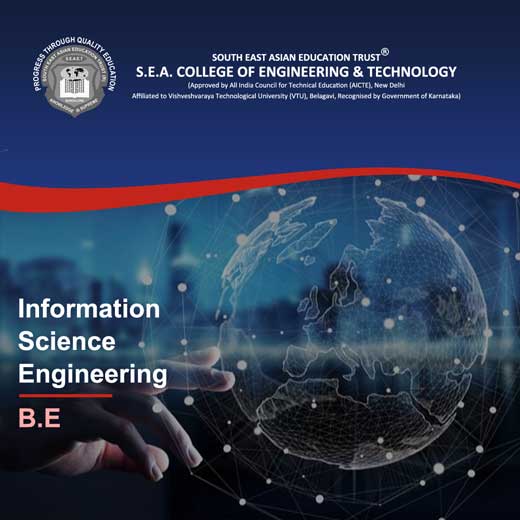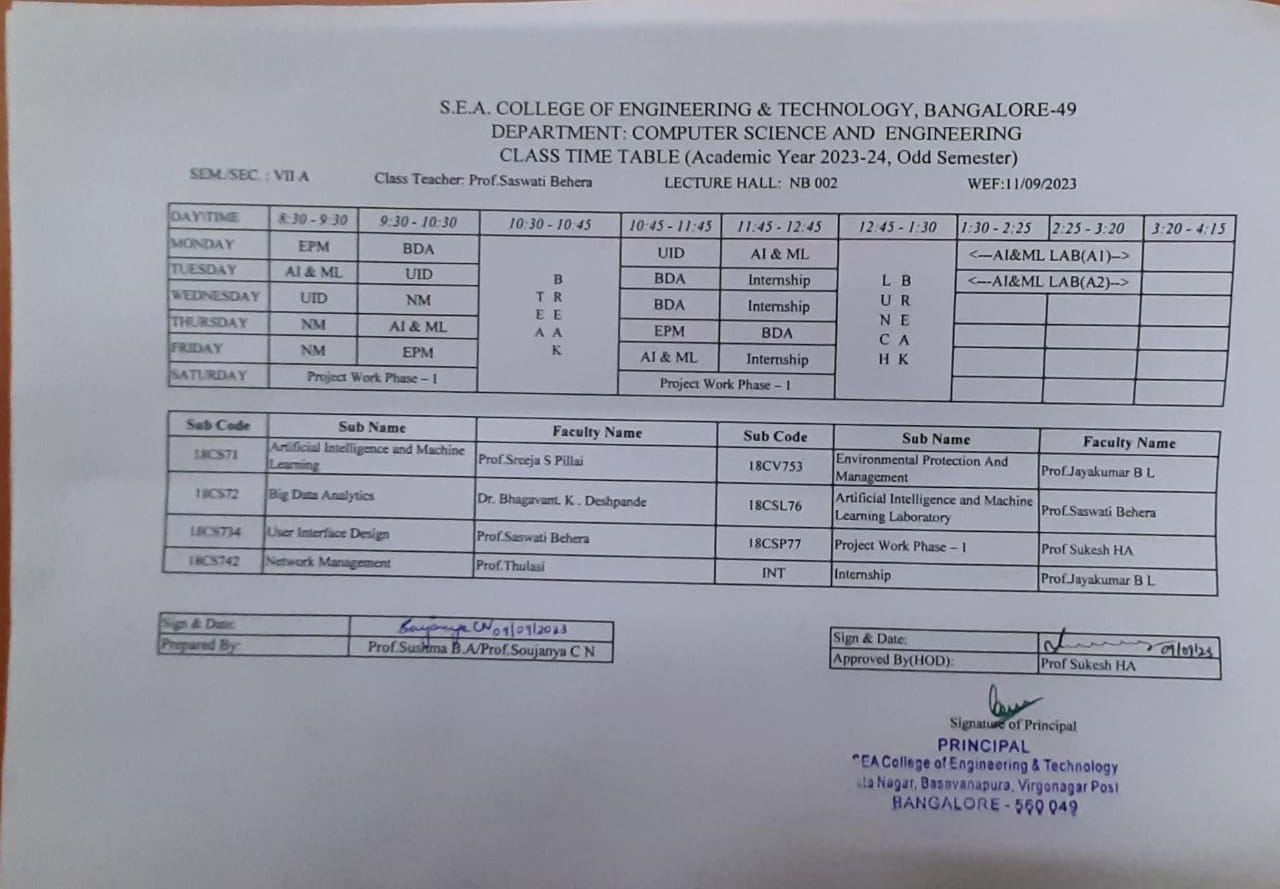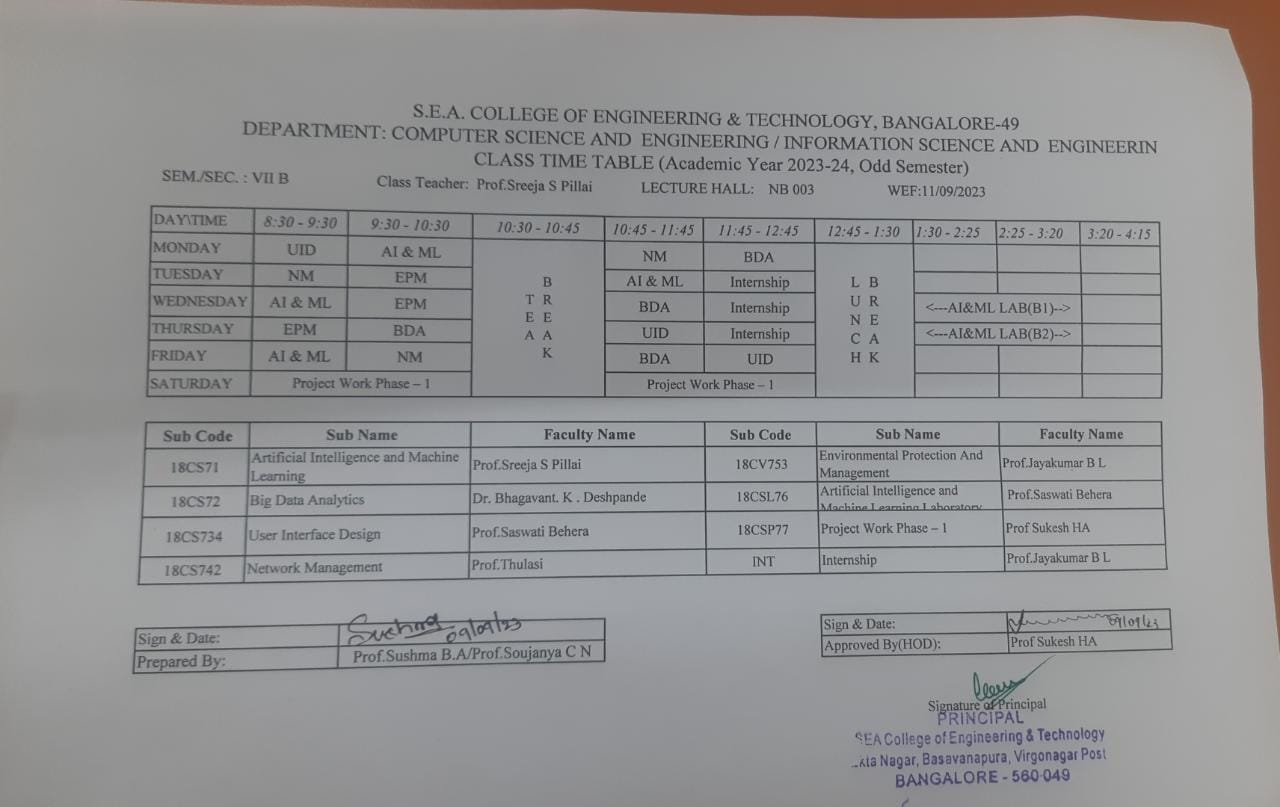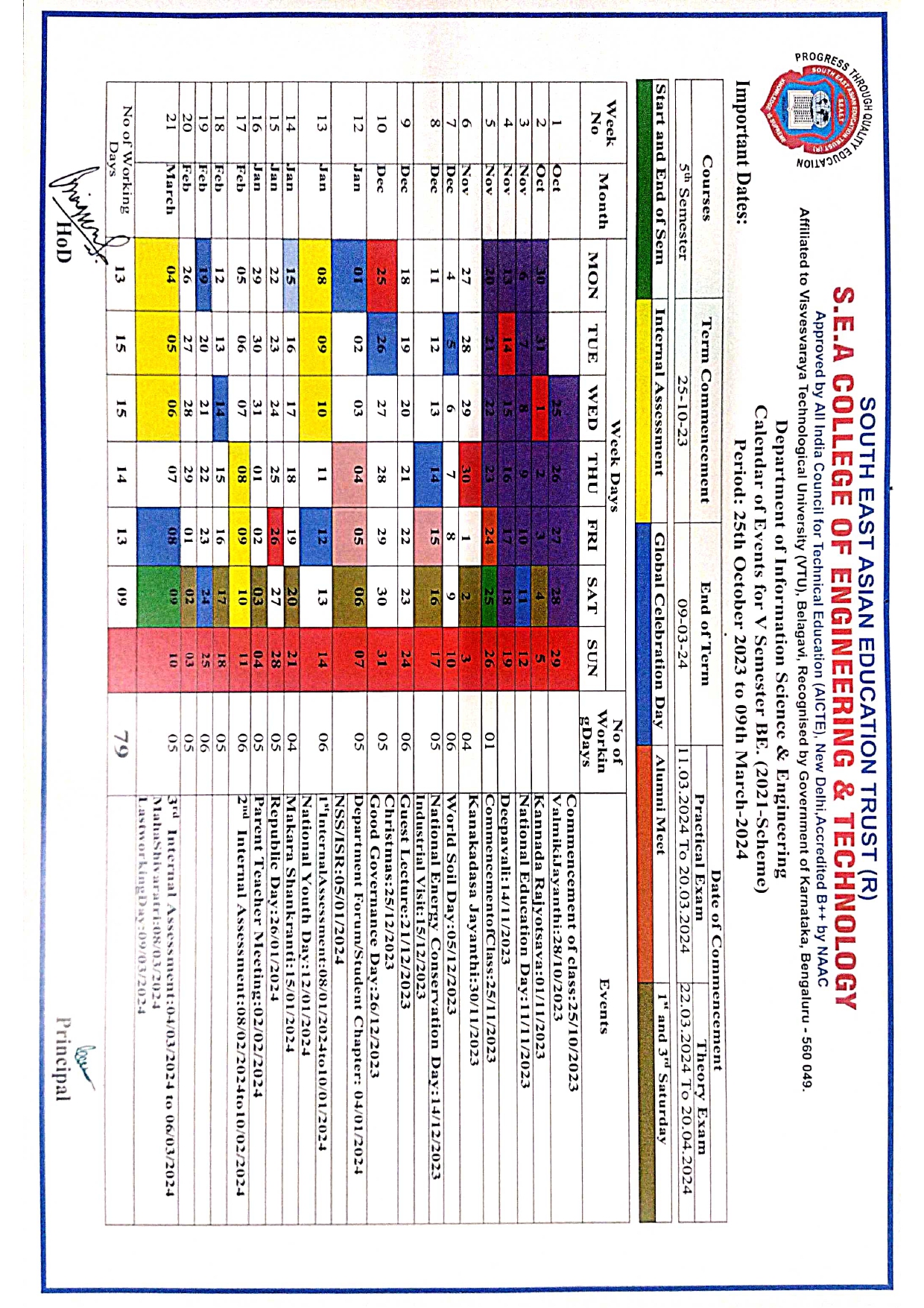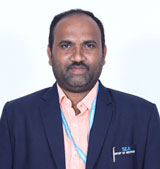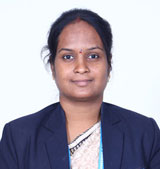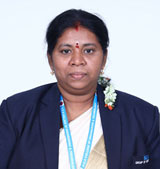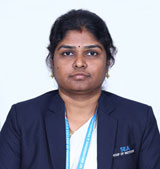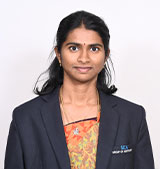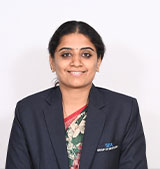BE - Information Science & Engineering
The Department of Information Science & Engineering established in the year 2007, offers a Bachelors Degree programme in Information Science & Engineering under the affiliation of Visvesvaraya Technological University, Belgaum. The department has grown steadily over the years with student intake of 60.The department of Information Science and Engineering is well equipped with highly qualified staff and centralized laboratories having the latest configurations and software tools. The department presents a unique opportunity to study the existing field with guidence of quality teachers
Explore the exciting world of Information Science and Engineering through this four-year dynamic undergraduate programme that takes you through various areas like computation, design, and analysis of algorithms, computer programming languages, software design, Information Theory, IoT and Smart Sensors, Agile Software Engineering, DEVOPS, and much more!
Curriculum Highlights
- Adopted Outcome Based Curriculum since.
- Core Courses as per the knowledge areas suggested by ACM
- Mandatory Industry Internship/Virtual Startup
- Hybrid Courses
Vision
To impart quality education and nurture Information Science and Engineering students to meet the global requirements in the field of Information Technology.
Mission
- To progress and achieve academic excellence in Information science and Engineering with the help of current day’s leading teaching and learning methodologies.
- Utilize vast theories, practices and create innovative culture to solve the problems in Information Technology sector and allied branches of engineering.
- To provide value to the human mankind, equipped with knowledge, ethics, professionalism and culture and become socially responsible citizen of the nation.
- To imbibe the research mind to the students.
- Achieving the mission with continuous team work of experienced teaching faculty.

